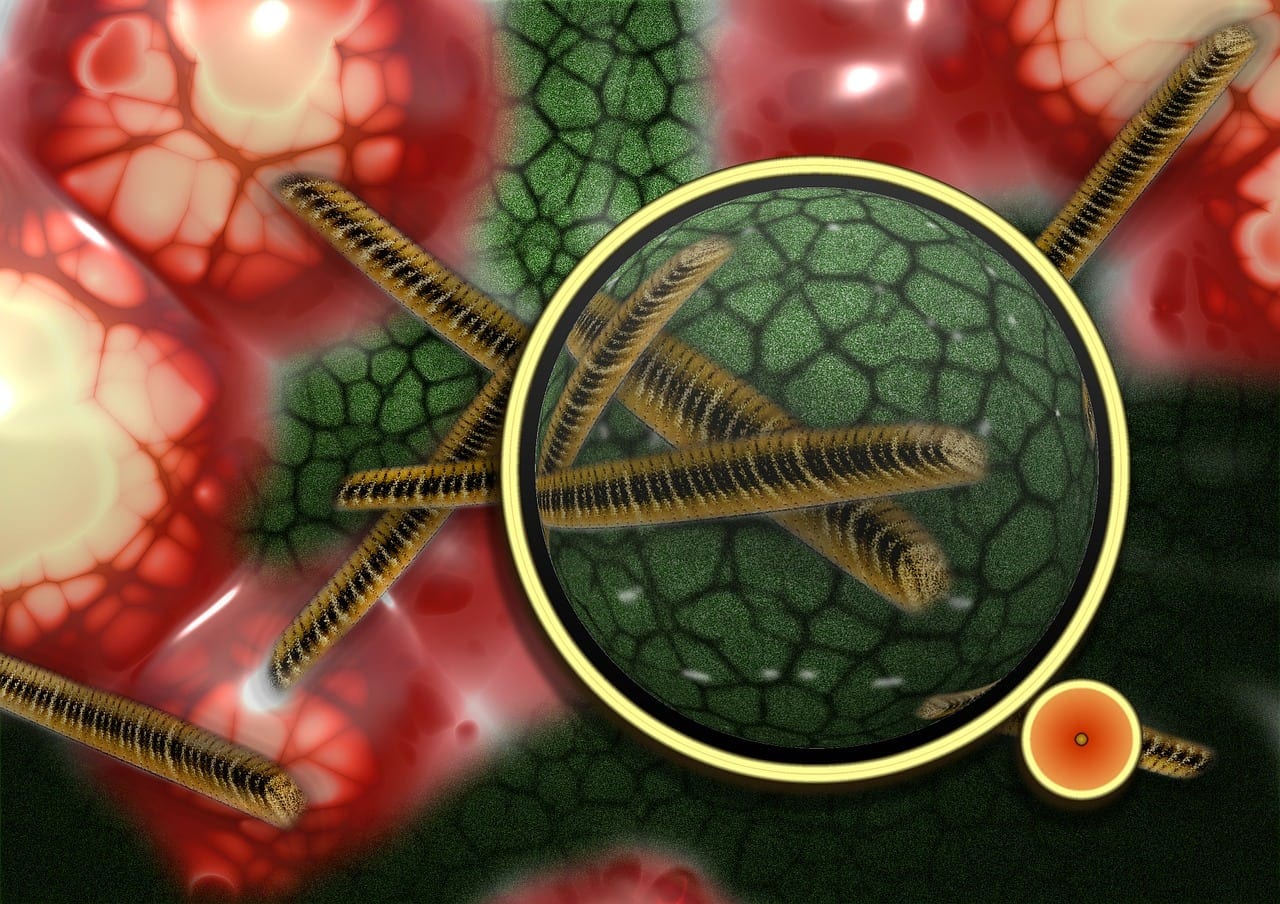Do you have SIBO?
Small Intestinal Bacterial Overgrowth, lovingly known as SIBO, is an issue that is becoming increasingly common. Our naturopaths are currently seeing around one new case each week, and we are ordering more and more SIBO tests than every before.
This is due to the increasing issues with the dysfunction of our gut microbiome, of which SIBO is an extreme version.
Here are 6 signs that you might have SIBO…
- You experience regular abdominal bloating
- You have pains in your belly
- You never know what you’re going to get when you go to the loo for a number two – you experience either constipation, diarrhoea or both
- You’ve forgotten what numbers 1,2 and 3 are cause your brain is so foggy and your energy seems to plummet for no apparent reason
- FODMAPs foods aggravate your symptoms
- Your diet is clean as a whistle and you still get all of the above symptoms
Why do these symptoms occur?
Well, lets first have a closer look at SIBO and what it actually is. As mentioned above, SIBO stands for small intestinal bacterial overgrowth and can be defined as an accumulation of bacteria in the small intestine (SI). The SI usually contains small numbers of bacteria, however, in certain circumstances, bacterial numbers can grow and numbers increase well above what is healthy for the SI, resulting in SIBO. The overgrowth of bacteria in the SI causes bloating and pain as food contents (in particular, those high on the FODMAPs list) are fermented in the SI instead of further downstream in the large intestine. This fermentation causes large volumes of gas, which distends the belly and causes the bloating and pain of SIBO.
Constipation or diarrhoea and SIBO
The movement or ‘motility’ of the small intestine is also effected and both constipation and diarrhoea can be present because of this. When the gastrointestinal tract is working well, there are rhythmic movements moving gut contents (digesting food) along the digestive tract. When these movements become compromised, gut contents move through more slowly – contributing further to an increase in gas and also is the cause of constipation. Diarrhoea can also occur as food contents irritate the gut and the body expels them quickly to save itself from further damage. It’s really no fun at all!
Why does SIBO take so long to heal?
The reason that SIBO can take so long to heal and can come and go even though you are being treated effectively and eating the right foods is that it is involves an ‘autoimmune’ component. This means that the immune system attacks part of the gut that is involved in motility (movement) and restoring this function takes a long time and some very specific treatment. Relapse is common for patients with SIBO, however as gastrointestinal function improves; relapses should become less frequent and less severe.
When our naturopaths work with these patients, a lot of care must be taken to ensure we remedy the situation as well as possible. It’s common for patients to relapse, and the trick is to catch it early so you can take care of it quickly.
How does SIBO develop?
Often the trigger is a case of food poisoning, however the symptoms may not show up for several months after an episode, so it can sometimes be hard to pinpoint food poisoning as the definite cause for SIBO. Other causes are the use of proton pump inhibitors (for reflux and heart burn), gastrointestinal surgery and bowel obstructions.
SIBO is also associated with other risk factors, including:
- Hypothyroid
- High stress
- Immunodeficiency
- Endometriosis
- Inflammatory Bowel Disease
Can SIBO be fixed?
The good news is, that SIBO can be fixed. Not all patients achieve 100% symptom relief, however most patients will feel significantly better given the correct treatment along with dietary and lifestyle advice. Naturopaths use herbal antimicrobials to clear the overgrowth of bacteria from the SI as well as specific diets to ‘starve’ the bacteria at the same time. Often your naturopath will provide you with several ‘rounds’ of different antimicrobial treatment to make sure that maximal antimicrobial effect is achieved. All the while, your naturopath will also be working the motility of your gut to ensure that it is clearing bacteria out and to encourage regular healthy bowel movements.
The not so good news is that it takes time for the body to heal and for gut function to return. This means that you have to be patient with your body whilst healing and not expect backflips in the first 2 weeks worth of dietary change or herbal treatment. Treatment will take several months and your maintenance program may last for a lot longer than that.
The support of a naturopath that is familiar with the SIBO journey is incredibly helpful in your recovery.
What if I just avoid FODMAPs foods for the rest of my life?
Avoiding FODMAPs will likely reduce your symptoms to a large degree, but if not treated with antimicrobial agents and therapies to support the motility of your gut, the real problem will never really go away and you will be stuck with a limited diet for the rest of your life. Symptomatic care is just that, it helps with the symptoms, but doesn’t deal with the underlying cause. Real health is achieved when the underlying cause is addressed and the body returns to its full capacity. Once this has been achieved, you will experience better overall wellness and your body will be able to handle a wider range of foods. The result: a happier and healthier you!
To find out more about SIBO or to make an appointment to see a naturopath at Shift Brisbane, please call 07 3367 0337.
Click here to make an appointment with a naturopath to help with your SIBO.



